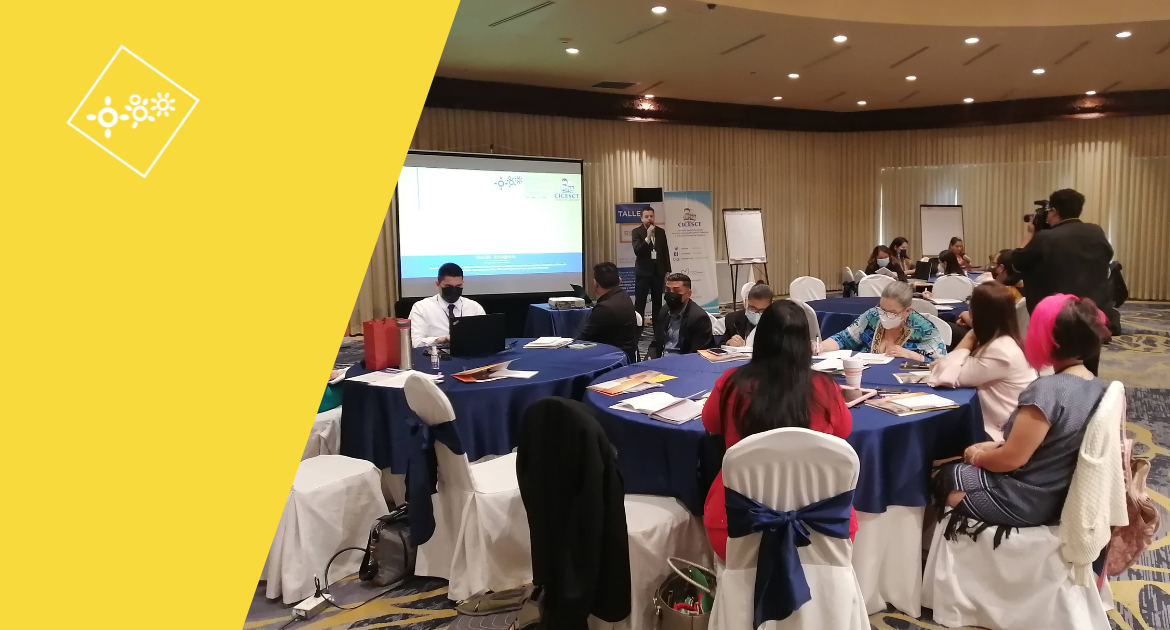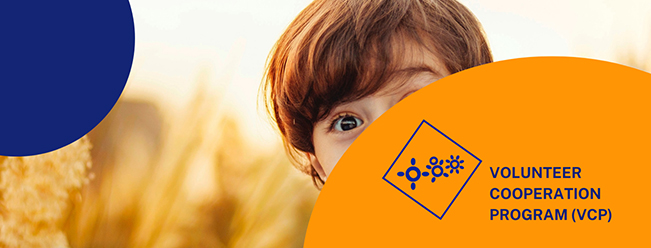
This week in Tegucigalpa, Honduras, from 14 to 16 June, takes place a regional workshop for the exchange of good practices in the fight against human trafficking, organised by the IBCR and the CICESCT (Comisión Interinstitucional contra la Trata de Personas, a partner of the IBCR’s anti-trafficking project in Honduras). More than 50 professionals from the public sector and civil society organisations from 6 countries in the region will gather to share their experiences.
This event takes place a few months after the regional congress that allowed the definition of regional good practices with the public sector and the justice, police and social work sectors. This new workshop will focus on the experiences of civil society organisations who work closely with victims of human trafficking, in order to exchange and share best practices and lessons learned with others.
The aim of the workshop is to identify good practices and lessons learned in prevention and protection of victims, with a special focus on children and adolescents and diversity groups (indigenous population, Afro-Hondurans and LGBTQI+ people), and to develop a list of key advocacy messages that will then be shared and used by the different organisations.
What is a good practice?
A good practice is a local, national or regional initiative that has already been tested and implemented and that generates a positive combination of identification-detection, prevention, protection and respect for the rights of victims of human trafficking.
Several roundtables will address various important aspects such as prevention, awareness-raising, necessary training of staff, the participation of children and adolescents, and the participation of the populations most affected by human trafficking (Afro-Honduran and LGBTQI+ populations).
The participation of several organisations from different countries in the region (Colombia, Costa Rica, Honduras, Guatemala, Mexico, Dominican Republic) will allow for the exchange of different ways of tackling human trafficking in the region, and to identify practices that can be adopted from one country to another.
More information on the IBCR anti-trafficking project in Honduras





